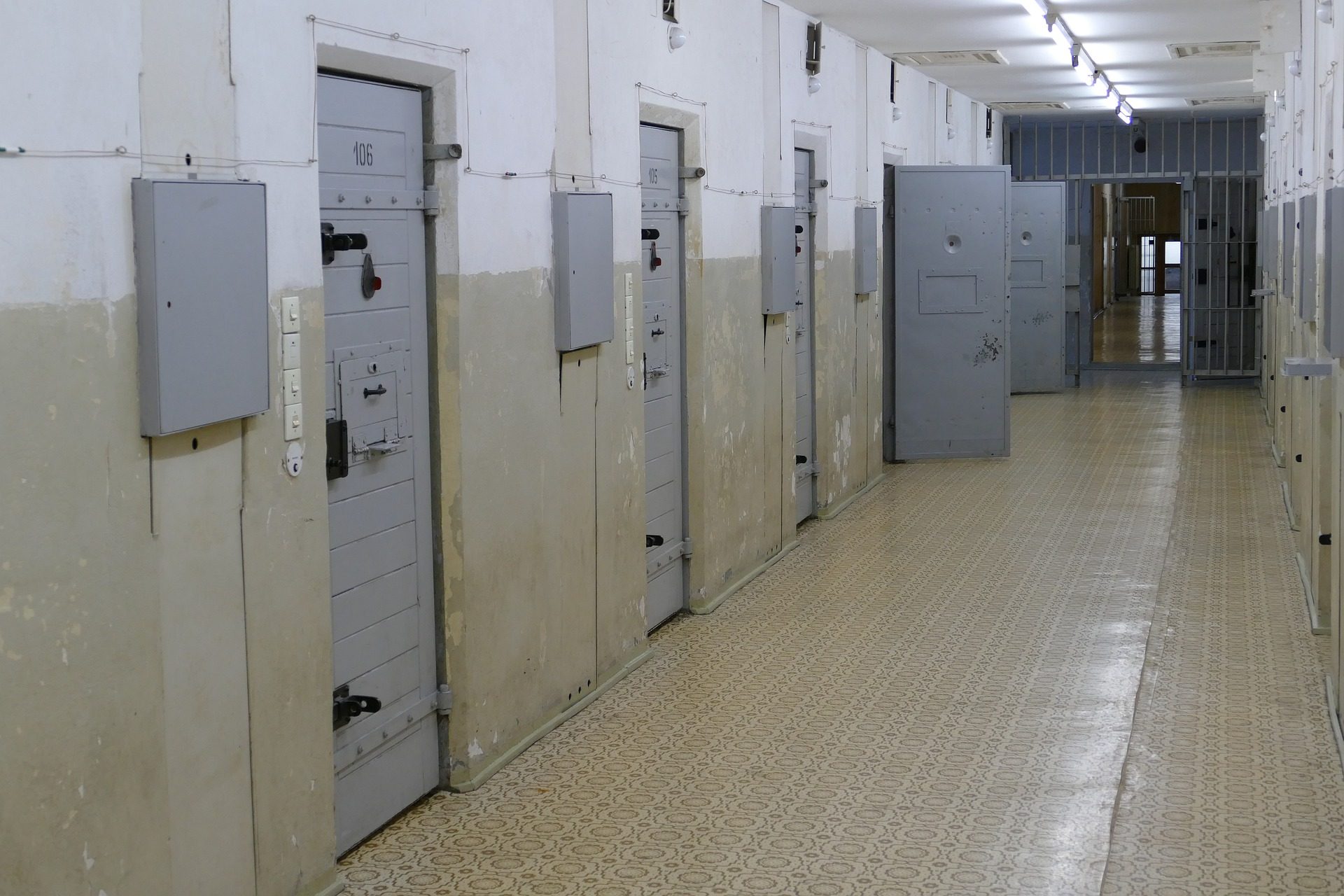The Egyptian journalist was forcibly arrested last month on alleged “false news” and “terrorism” charges, many of which are related to his work with Al Jazeera.
Al Jazeera contributor who was detained by the Egyptian authorities from his home in Cairo on December 19, has been denied his medications while in custody, a rights organisation said.
Aamer Abdelmonem’s health has been deteriorating and his continued imprisonment amid a global pandemic puts his health at risk, the Committee to Protect Journalists [CPJ] said.
“Egyptian journalist Aamer Abdelmonem is already in failing health, and to detain him during a global pandemic blatantly endangers his life,” CPJ’s Middle East and North Africa programme coordinator, Sherif Mansour, said in a statement on Monday.
Read also: BREAKING: Full diplomatic relations to be restored between Qatar, blockading GCC states
Abdelmonem is diabetic and has cataracts in both eyes that requires him to take insulin and several other medications to ensure his health remains stable. However, he has been denied this since his arrest, his daughter, Mariam Aamer, said.
Authorities rejected several requests to deliver insulin, eye medication and prescription glasses to her father, Egyptian news outlet, Darb reported.
“Egyptian authorities must immediately release Abdelmonem, drop all the charges against him, and grant him the medical attention he needs,” Mansour added.
Abdelmonem’s arrest came shortly after he criticised the country’s perceived negligence of the COVID-19 pandemic, in which he revealed how several people died after being denied treatment in hospitals around the country.
Read also: Spygate: how the UAE and Saudi are using spyware to silence journalists
The freelance journalist was reportedly interrogated for his most recent work with the Qatar-based Aljazeera network as well as previous publications as the editorial director of the independent newspaper Al-Shaab, which was banned in 2014.
Later, the journalist was charged with spreading false news and allegedly assisting a terrorist organisation – a regular excuse used by Egyptian authorities to clampdown on opposition.
Abdelmonem remains in custody pending trial and is now among at least 27 journalists imprisoned in Egypt for their work – many of which detained for work linked with Aljazeera, CPJ reported.
Egypt views the independent Qatar-based media network as pro-Muslim Brotherhood – a group banned by authorities in Cairo.
In July, Egyptian Al Jazeera journalist Mohamed Monir died of COVID-19 days after he was released from detention over the same charges, his daughter said.
Several others remain unjustly detained in Egyptian prisons for their work, with no proper precautionary measures in place despite a second COVID-19 wave in the country.
Egyptian authorities have launched a crackdown on dissent since President Abdel Fattah al-Sisi took office in 2014.
Hundreds of thousands of people, including political activists and former officials, are in prison for criticising the government and have been charged with supporting alleged “terrorist organisations”, mainly the Muslim Brotherhood.
End of a long dispute
CPJ’s report came as Doha and Cairo announced a restoration of full diplomatic relations after a three-year dispute.
Saudi Arabia, the UAE, Bahrain and Egypt imposed a blockade on Qatar in 2017 in a move that triggered the worst GCC crisis since 2014.
On Tuesday, all nations involved signed the much-anticipated Al-Ula Declaration that put an end to the Gulf crisis and all the restrictions that came with it.
However, questions have been raised about how Egypt and the other three states will deal with Qatar-based journalists.
Follow Doha News on Twitter, Instagram, Facebook and Youtube







